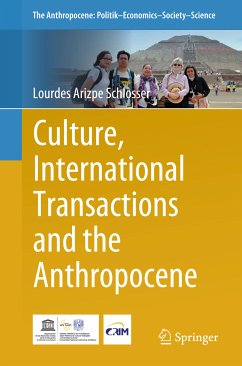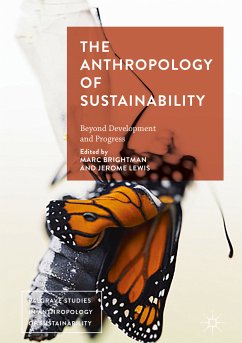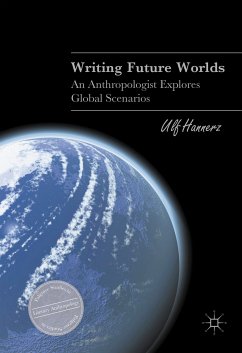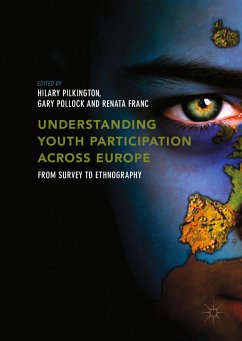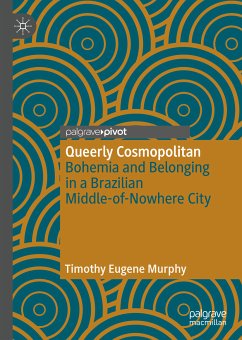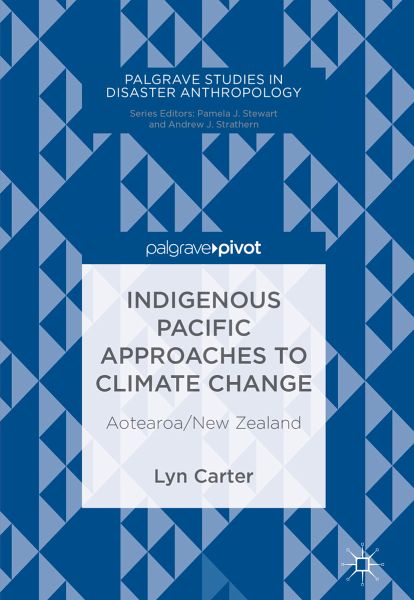
Indigenous Pacific Approaches to Climate Change (eBook, PDF)
Aotearoa/New Zealand
Versandkostenfrei!
Sofort per Download lieferbar
48,95 €
inkl. MwSt.
Weitere Ausgaben:

PAYBACK Punkte
24 °P sammeln!
Situating Maori Ecological Knowledge (MEK) within traditional environmental knowledge (TEK) frameworks, this book recognizes that indigenous ecological knowledge contributes to our understanding of how we live in our world (our world views), and in turn, the ways in which humans adapt to climate change. As an industrialized nation, Aotearoa/New Zealand (A/NZ) has responsibilities and obligations to other Pacific dwellers, including its indigenous populations. In this context, this book seeks to discuss how A/NZ can benefit from the wider Pacific strategies already in place; how to meet its glo...
Situating Maori Ecological Knowledge (MEK) within traditional environmental knowledge (TEK) frameworks, this book recognizes that indigenous ecological knowledge contributes to our understanding of how we live in our world (our world views), and in turn, the ways in which humans adapt to climate change. As an industrialized nation, Aotearoa/New Zealand (A/NZ) has responsibilities and obligations to other Pacific dwellers, including its indigenous populations. In this context, this book seeks to discuss how A/NZ can benefit from the wider Pacific strategies already in place; how to meet its global obligations to reducing GHG; and how A/NZ can utilize MEK to achieve substantial inroads into adaptation strategies and practices. In all respects, Maori tribal groups here are well-placed to be key players in adaptation strategies, policies, and practices that are referenced through Maori/Iwi traditional knowledge.
Dieser Download kann aus rechtlichen Gründen nur mit Rechnungsadresse in A, B, BG, CY, CZ, D, DK, EW, E, FIN, F, GR, HR, H, IRL, I, LT, L, LR, M, NL, PL, P, R, S, SLO, SK ausgeliefert werden.




